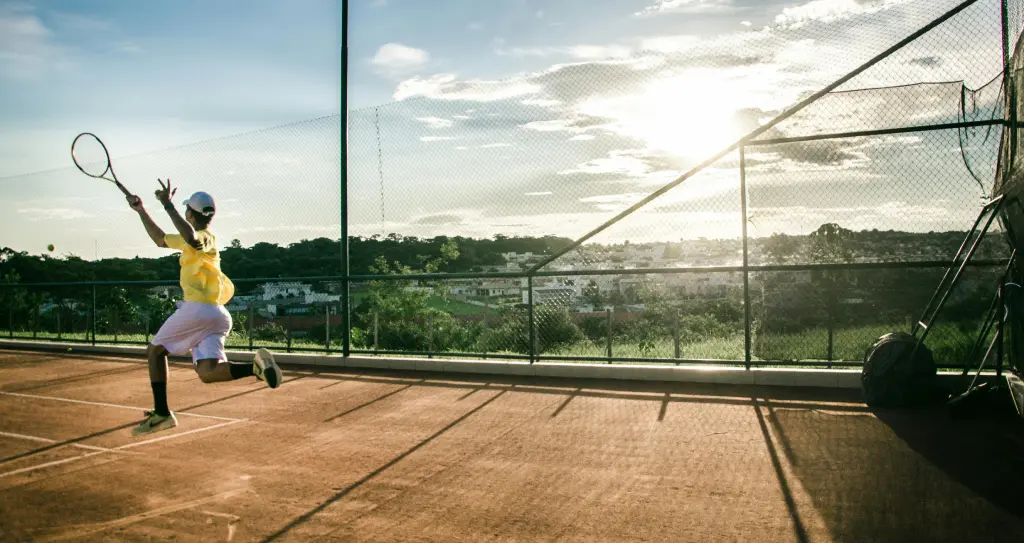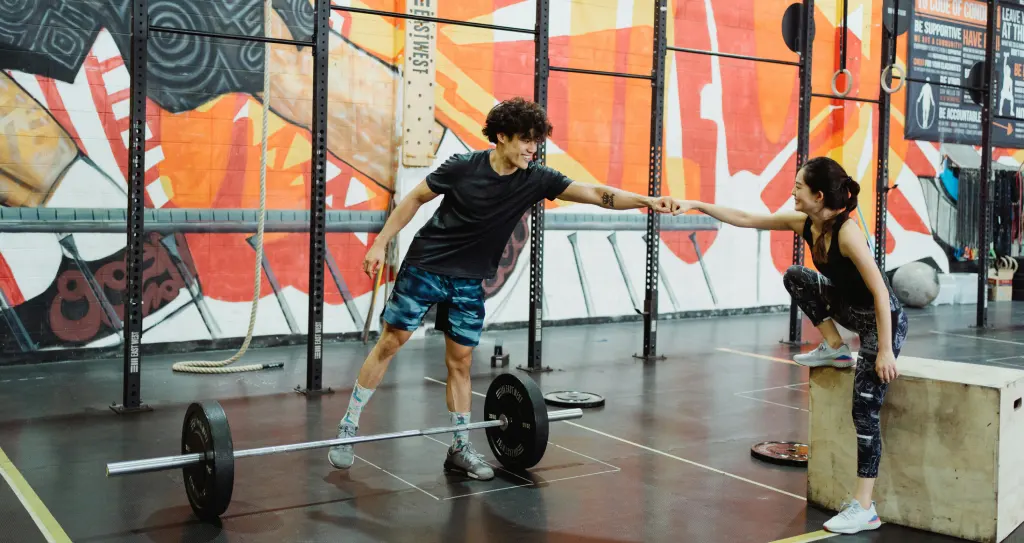Introduction:
As a parent, you play a crucial role in nurturing your child’s passion for soccer and helping them improve their skills. With the right guidance and tools, you can create an effective home practice environment that enhances their technique, confidence, and love for the game. Here’s a comprehensive guide to mastering soccer skills at home:
Benefits Of Home Soccer Practice:
Practicing soccer at home offers numerous benefits for young players:
- Convenience: Eliminates the need for travel to training facilities, making it easier to fit practice sessions into busy schedules.
- Customized Learning: allows parents to provide individualized coaching and attention, focusing on each child’s strengths and areas for growth.
- Ability Advancement: Gives ceaseless chances to refine crucial abilities like spilling, passing, shooting, and ball control.
- Building Confidence: Boosts confidence through regular practice and mastery of new skills in a comfortable environment.
Creating A Home Practice Setup:
Setting up a conducive environment for soccer practice at home involves a few key considerations:
- Space: Choose a flat, open area in your backyard or a nearby park that provides ample room for dribbling, shooting, and maneuvering around obstacles.
- Equipment: Fundamental hardware incorporates a soccer ball, cones or markers for drills, and alternatively, an Open Goaaal for shooting training and control.
- Safety: Guarantee the training region is liberated from risks like rocks, lopsided territory, or sharp items that could cause injury.
Structuring Practice Sessions:
Effective practice sessions should be structured to focus on specific skills and objectives:
- Warm-Up: Start with a unique warm-up daily practice to get ready muscles and joints for action. Include dynamic stretches, jogging, and high knee exercises.
- Expertise Drills: Center around a couple of abilities for every meeting, like passing and getting, spilling through cones, or shooting on objective. Use cones or markers to make bores that mimic game situations.
- Game-Like Situations: Consolidate little sided games or difficulties to apply mastered abilities in a serious yet steady climate.
- Cool Down: End every meeting with a cool-down period, including static stretches to further develop adaptability and forestall muscle irritation.
Parental Role In Coaching:
As a parent-coach, your role is crucial in fostering a positive learning experience:
- Encouragement: Give valuable input and support to inspire your kid during training meetings.
- Demonstration: Encourage your child to observe and imitate proper form and demonstrate appropriate techniques.
- Patience: Be patient and strong, understanding that expertise advancement requires some investment and ingenuity.
Monitoring Progress:
Track your child’s progress by setting achievable goals and celebrating milestones along the way. Regularly assess their improvement in skills such as accuracy, speed, and agility to gauge development and areas needing more focus.
Conclusion:
Dominating soccer abilities at home requires commitment, persistence, and the right methodology. By establishing a strong climate, organizing viable practice meetings, and effectively taking an interest as a parent-mentor, you can assist your kid with creating fundamental soccer abilities and a deep rooted love for the game. Keep in mind, the objective isn’t just to work on specialized capacities yet additionally to cultivate satisfaction and trust in your youngster’s soccer process.





Leave feedback about this